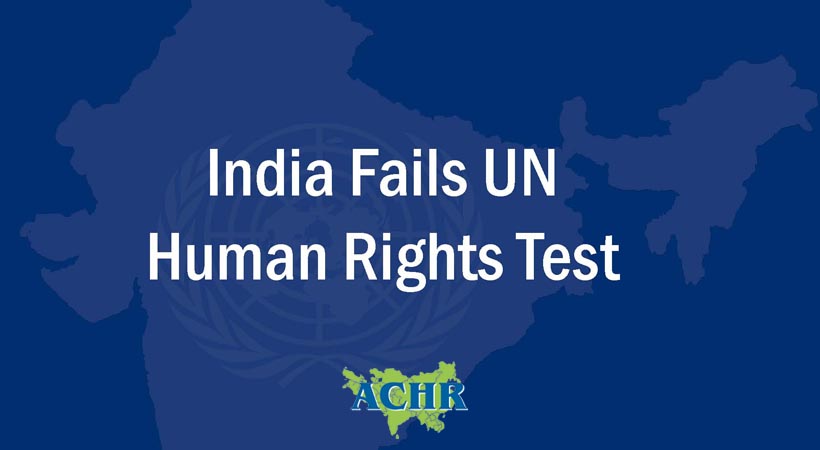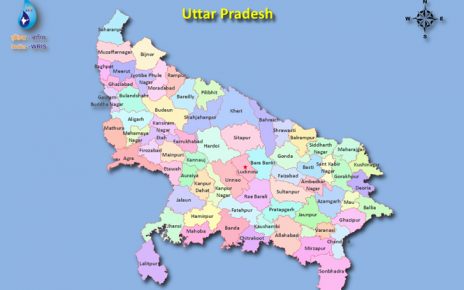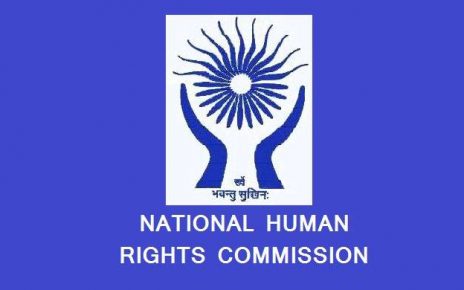This report chronicles as to how India failed UN human rights test during the second Universal Periodic Review (UPR) of India’s human rights record held on 24th May 2012 during the 13 th Session of the UPR of the Human Rights Council.
The UPR is a unique process under which human rights records of all 193 UN Member States of the UN are reviewed by their peers i.e. member States of the United Nations . The UN General Assembly resolution 60/251 that created the Human Rights Council, mandated it to “undertake a universal periodic review, based on objective and reliable information, of the fulfilment by each State of its human rights obligations and commitments in a manner which ensures universality of coverage and equal treatment with respect to all States”.
The UPR is significant in more ways than one. It provides an opportunity to all States to make voluntary pledges. Unlike the other UN human rights mechanisms which are examined by independent experts, UPR is conducted by the government representatives.
Technically, review is conducted by the UPR Working Group consisting of the 47 members of the Council but any UN Member State can take part in the discussion/dialogue with the States under review. The review is assisted by groups of three States, known as “troikas”, who serve as rapporteurs. The selection of the troikas for each State is done through a draw of lots following elections for the Council membership in the General Assembly.
The review of human rights record is conducted based on three documents: (1) national report submitted by the Government; (2) a summary of information contained in the reports of independent human rights experts and groups, known as the Special Procedures, human rights treaty bodies, and other UN entities; (3) information from other stakeholders including national human rights institutions and non-governmental organizations.
Review takes place through an interactive discussion between the State under review and other UN Member States. The concerned Member State presents its national report during the UPR Working Group session. During the review, any UN Member State can raise questions, comments and/or make recommendations to the States under review. The review is currently completed in three hours and thirty minutes.
The troikas may group issues or questions to be shared with the State under review to ensure that the interactive dialogue takes place in a smooth and orderly manner. After the review by the Working Group, a report is prepared by the troika with the involvement of the State under review and assistance from the OHCHR. This report, referred to as the “outcome report”, provides a summary of the actual discussion. It therefore consists of the questions, comments and recommendations made by Member States to the country under review, as well as the responses by the reviewed State.
During the Working Group session half an hour is allocated to adopt each of the “outcome report” which shall take place no sooner than 48 hours after the country review.
The reviewed State has the opportunity to make preliminary comments on the recommendations choosing to either accept or reject them. Both accepted and rejected recommendations are included in the report. The report then has to be adopted at a plenary session of the Human Rights Council.
During the plenary session, the State under review can reply to questions and issues that were not sufficiently addressed during the Working Group and respond to recommendations that were raised by States during the review. Time is also allotted to member and observer States who may wish to express their opinion on the outcome of the review and for NHRIs, NGOs and other stakeholders to make general comments.
About 48 States are reviewed every year. During the first cycle (2008-2011), all UN Member States have been reviewed. India’s first review under the UPR took place in May 2008. The Second Review took place on 24 May 2012.
This report concerning the second review of the UPR contains the following:
I. Human rights in India
This section contains (1) report submitted by the Government of India for the second session of the UPR; (2) submission of the National Human Rights Commission of India; (3) submission of the Asian Centre for Human Rights; (4) summary of submissions of all the stakeholders; (5) summary of information of the UN human rights mechanisms on India; and (6) recommendations made to India during the first review of the UPR in May 2008 on which India had to submit compliance report.
II. India’s UPR test
This section contains information (1) about advance questions sent to India by member States of the United Nations; and (2) analysis of the examination of India’s human rights record.
III. India fails UN human rights test
This section contains information (1) about recommendations made to India; and (2) recommendations accepted by the Government of India and (3) finally how India failed the United Nations human rights test.
This report is a must for those concerned with human rights issues and situation in India: it provides the Government of India’s position on the human rights situation in India, the views of the NHRC and NGOs, the observations and comments of the UN human rights mechanisms and the concerns and recommendations of international community, the response of India to these concerns and recommendations, and the role played by India for promotion of human rights in third countries under the UPR process upto 15 th Session of the UPR held on 21 January to 1st February 2013.




